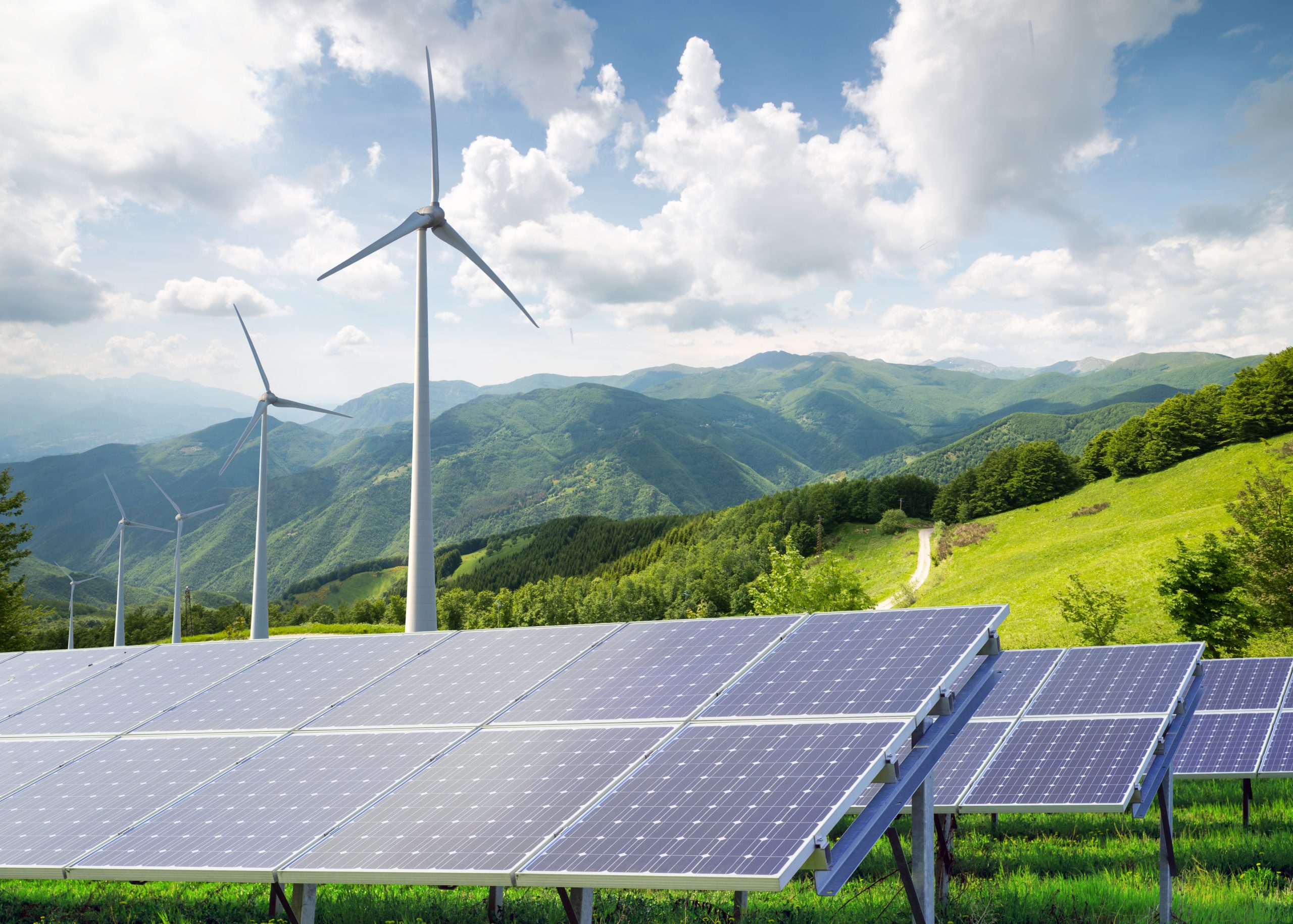Part IIB: Resolving Pakistan’s Energy Crisis – Policy Recommendations
Pakistan
500+ MW Solar PV
90 MWh REFLEX
5,500 Telco Towers

Now that I’ve laid out the economic and technical argument in favor of renewable power in my last piece, let me highlight some of the key policy measures that if implemented can help the new government to move towards a much more inclusive, efficient and economically viable energy infrastructure.
1. As a first step, we have to start measuring and publishing the proportion of power from renewable sources daily and energy efficiency on a periodic basis like in developed countries. Annual targets could then be set for the integration of more renewable and higher levels of energy efficiency across the board. The govt should also replace generation from less efficient fossil fuel based plants such as those on furnace oil with renewable power as at the current crude price ($85 USD).
2. Priority for the new govt. has to be our 60 million~ off-grid population, it’s mind-boggling that in our 70 odd years of existence, our energy policymakers have largely ignored 30% of the population. The govt should immediately set up a Rural Electrification Board completely separate from the existing power authorities on the lines of REB in neighboring Bangladesh’. This body could setup self-regulating co-operatives in off-grid clusters and implement island mini-grids powered by renewable such as solar, biomass, biogas, etc In more sparsely populated areas, solar and battery hybrid solutions can be made available on easy payment terms to villagers. Aggressive targets leading to a 100% electrification by 2030 is a mandatory goal for a more equitable society.
3. To ensure we’re buying renewable power at the most economical price point, auction mechanism has to be implemented for Solar and Wind Power with immediate effect starting with hybrid opportunities i.e. combination of Wind, Water, and Solar in Thatta and KPK. The number of Megawatts (MWs) to be auctioned must be in-line with the annual targets set by the govt. This could help decrease the tariffs for Wind and Solar Power further by 15-20% (Based on an average of 40 other countries where auctions have been implemented for renewable power). Taking a lead from The Konya Auction in Turkey (1 GW)* and SECI Auction (10 GW)` in India*, only companies with a high degree of indigenization through local manufacturing and services should be pre-qualified to participate.
4. In order to bring the cost of generation down, govt. should accelerate the development of a wholesale power market in the country. At the same time, the practice of awarding 20+ years PPA at a guaranteed capacity payment should be abolished and a maximum term of 10 years should be introduced under a new power policy. We should be encouraging more entrepreneurs with the appetite to sell power in a wholesale market after the Power Purchase Agreement(PPA) term expires.
5. To cover for the environmental and healthcare costs, the government should make it mandatory for a portion of the revenues from fossil fuel plants including RFO, coal, diesel, etc to be re-invested into clean renewable power and health care especially in rural and off-grid areas in Sindh, KPK, and Baluchistan. For fairness, this should start with areas closer to the mining and power generation projects. Island mini-grids 100% powered by renewable is the most cost-effective and sustainable solution for these largely off-grid communities.
6. For more rooftop solar, govt should promote Community Schemes through reverse auctions facilitated by AEDB and local govts. Under such a scheme, homeowners could participate in auctions conducted by AEDB. Similar schemes in large cities like London have significantly improved solar uptake and has helped reduce costs by 15-20%. To encourage this scheme all govt buildings and community shared structures should be allowed to participate in local auctions.
7. A streamlined net-metering process is critical for taking up of distributed solar. DISCOs must set annual net-metering targets and address a certain percentage of their new demand from distributed solar systems. This should include solar heating to reduce the load on gas.
8. State Bank’s Green Financing Scheme is a wonderful incentive and should be extended to 15 years for IPPs, businesses and residential customers. This will further decrease the immediate operating costs for the customer.
9. Energy Storage is incredibly important for making the grid more resilient especially for integrating more renewable power. In light of the ever declining battery prices, govt should offer a special peak tariff to customers who install storage for peak demand shaving. These batteries can be charged by excess renewable power during the day and consumed in the night to curtail peak demand.
10. To avoid idle capacity due to transmission bottlenecks, the transmission sector should be opened up to private investment. The National Transmission Company (NTDC) has the impossible job of connecting every single IPP coming on stream and that’s resulting in a huge amount of underutilized generation capacity in the system.
11. Energy efficiency is the cheapest source of energy. More aggressive targets should be set and enforced at transmission, distribution and consumption end. This can only be achieved through digitization of the grid including smart metering of consumers. Our overall T&D losses of 17.5% are too high compared to Bangladesh at 11.4%. Utilities could also be charged with promoting energy efficiency within their geographical boundaries by promoting more efficient appliances.
12. Finally, consumers should be incentivized to invest in energy efficient appliances through credits, green building codes should be enforced within the construction industry and hybrids and Electric Vehicles(EV) should be promoted to enhance fuel efficiency in the transport sector.


